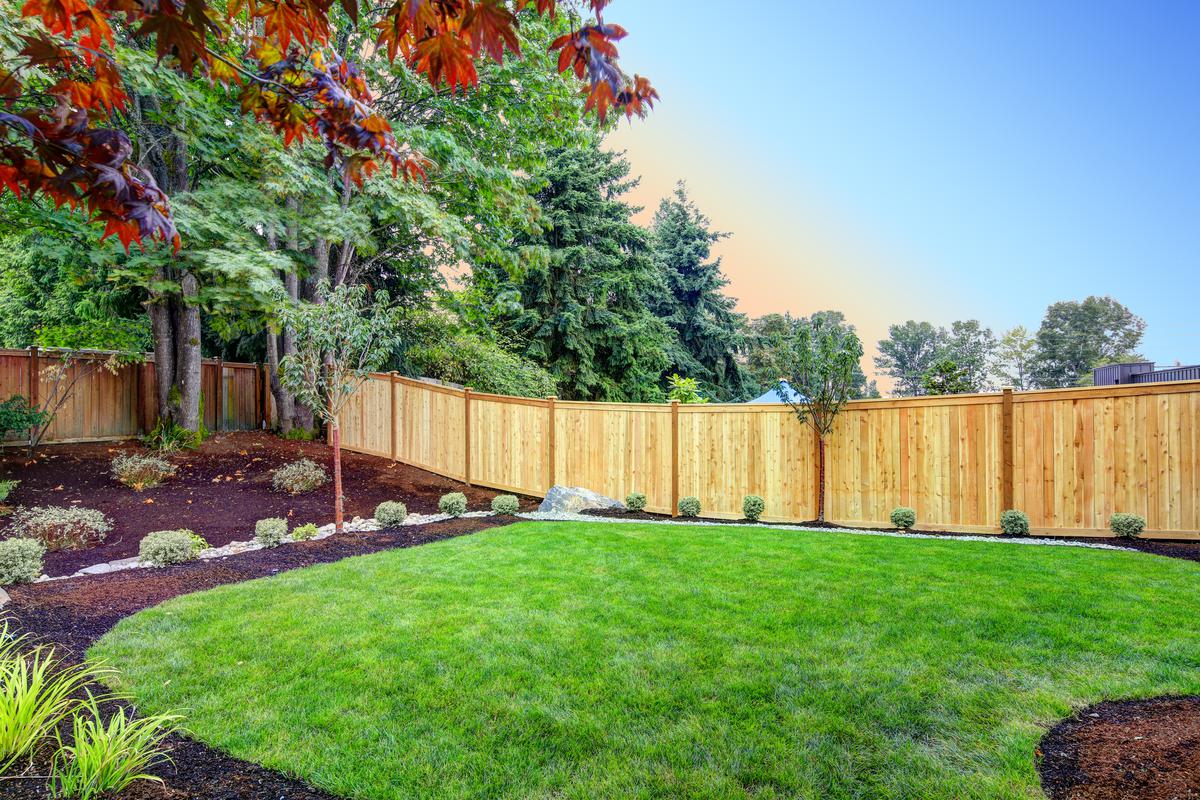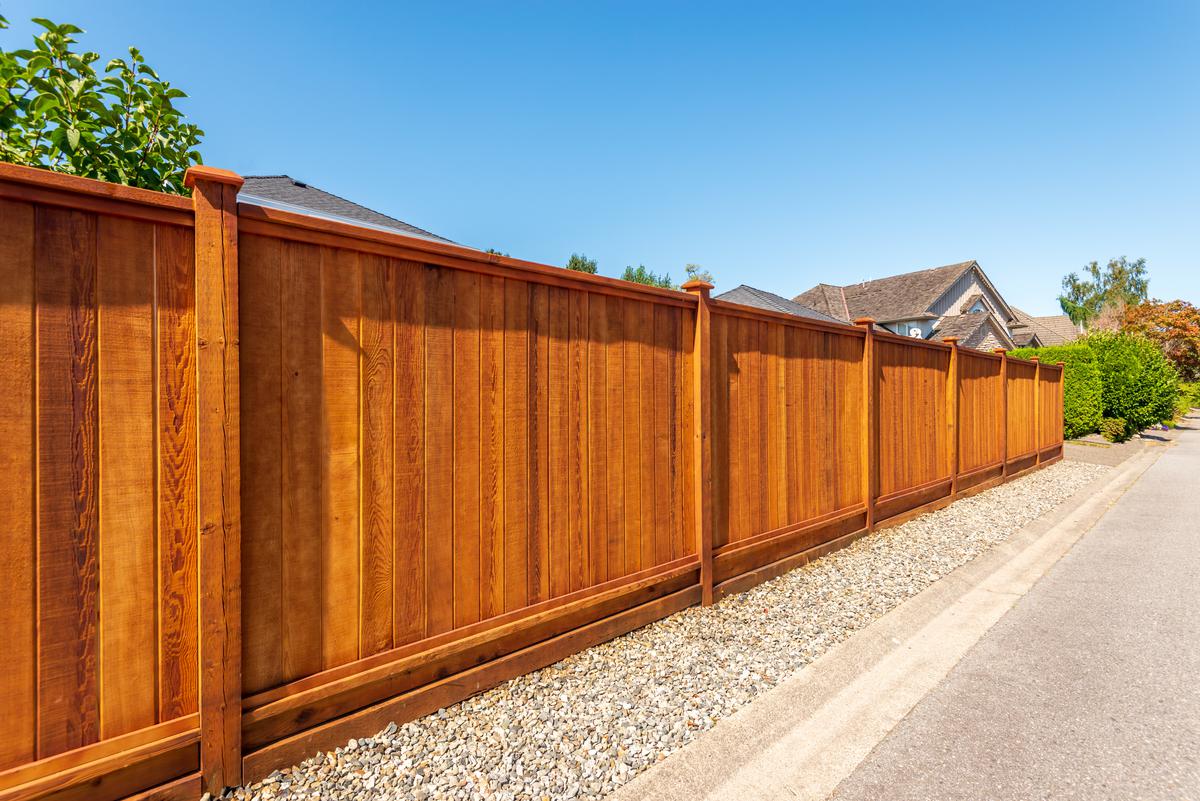Fences have many good uses. They help outline your property, keep your furry friends from venturing into a dangerous situation, and add a touch of privacy to the backyard. Indeed, fences are almost mandatory in many neighborhoods due to increasing urban density and all the legal liabilities that come with owning property.
However, while there are plenty of good reasons to put up your very own fence line, there are also lots of laws that concern fence building. Unfortunately, in most parts of the country, it’s not possible to just build whatever fence you want at whatever height you prefer. Your locale most likely has some form of fence regulation in place to preserve the aesthetics of your neighborhood and to prevent any fence you build from bothering your neighbors.
Fence regulations can seem a bit bewildering at times but they are absolutely essential for ensuring that your neighborhood looks nice and that your neighbors stay nice. We’ve all got to get along in this big old world, and a house fence is certainly not something that any of us should have to spend time-fighting over.












comments